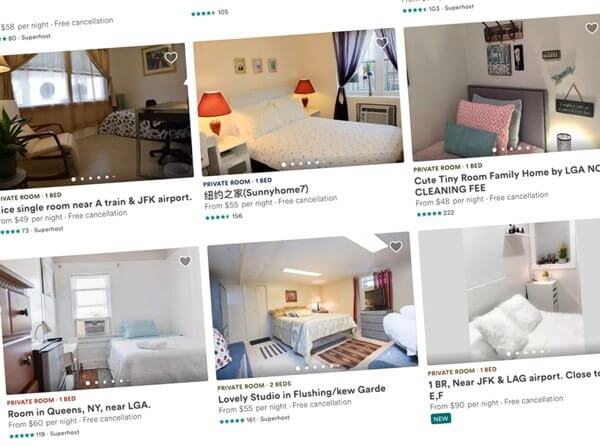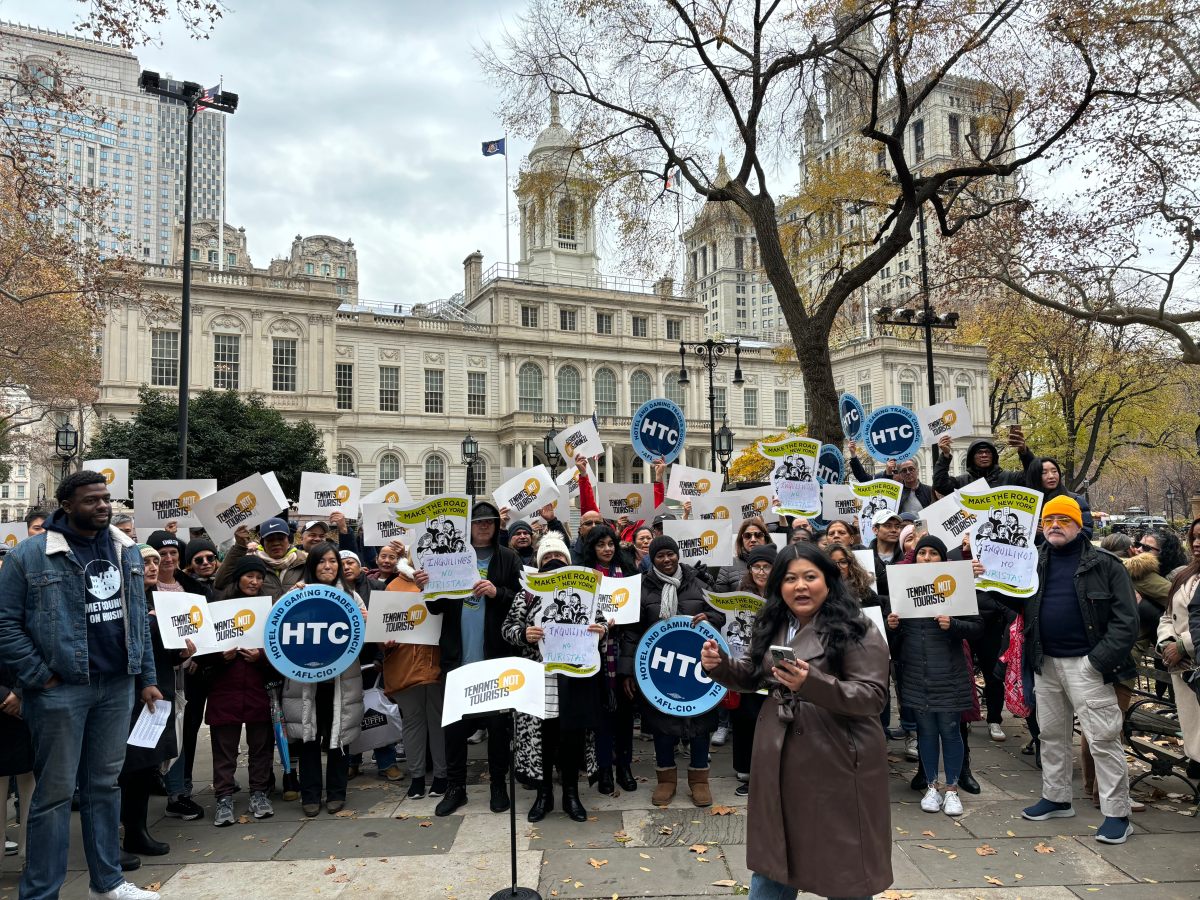By Mark Hallum
City Comptroller Scott Stringer and a representative from the room-sharing app Airbnb are exchanging words after a report by the government official claimed New York City renters paid an additional $616 million in 2016 because of Airbnb practices, making the affordability crisis even worse.
Airbnb’s head of global policy, Chris Lehane, claimed the numbers in the report were fudged with no evidence indicating the company had any “material impact” on renters citywide and was joined by the third-party company, AirDNA, from which Stringer’s office got the data.
“It may be the case that the comptroller was simply misled, bamboozled, duped, by whoever provided him the data,” Lehane said in a Monday telephone press conference. “It may well be the case that whoever they are and however they manipulated the data, if they wrote these inaccurate conclusions, then created the final document, that was distributed by the comptroller’s office that was so riddled by errors… but that really drives the imperative that it is incredibly important that the comptroller actually answer some of these questions so we do know who is ultimately behind it.”
AirDNA generates industry research reports on room sharing and real estate, but it was not clear if it has any official connection to Airbnb. The majority of the group’s blog posts focus on Airbnb.
But Stringer showed no signs of backing down in a statement released around the same time as Airbnb’s phone press conference, claiming the company has a history of adopting smear tactics against public officials who challenge their impact on communities in many other cities across the globe.
“Airbnb’s high-priced lobbyists are doing what they always do when confronted with facts they don’t like, which is hold press conferences to try and smear those who dare to question the company’s impact on cities,” Stinger said. “If the company actually cared about real New Yorkers, they would work with the city to track down those who violate the law by releasing raw data on all hosts Rather than cherry-picking information that they know makes enforcement impossible.”
An Airbnb representative on the call claimed the company does release data on a monthly basis.
According to Stringer’s report, rent in Long Island City and Astoria saw an increase of $20,092,964 throughout 2016 attributed to Airbnb; Sunnyside and Woodside were at $9,431,814; Forest Hills and Rego Park were at $4,088,401; and Elmhurst, Corona and Jackson Heights saw a combined effect of about $5,285,274, while northeast Queens neighborhoods were impacted by about $4,104,914.
Stringer’s report cited third-party real estate data company, AirDNA, whose CEO Scott Shatford said the comptroller is merely looking for someone to point the finger of blame for New York’s sky-high rental rates.
“AirDNA fully supports Airbnb in condemning the comptroller’s analysis,” Shatford said. “The comptroller is once again using Airbnb as a scapegoat for a housing affordability crisis that has been growing for decades. In New York City, just over 5,300 Entire Homes were rented on Airbnb for six months or more in the past year, representing 0.2 percent of the total housing supply – it is impossible for Airbnb to have a material impact on housing prices.”
Lehane also commented on the fact the report takes data from two years ago and that rents in many parts of the city are actually decreasing, such as in Long Island City, which fell by 44 percent, and Corona, which dropped by 36 percent, as illustrated by a StreetEasy report from February.
Lehane said the comptroller operated on the assumption that entire units were being rented all year around and that people are only using spaces within their homes to accommodate guests as opposed to whole homes along with a one host, one home policy.
“This appears to be data that was not only manipulated, but data that is old and manipulated,” Lehane said. “As our data indicates, over 70 percent of our hosts in New York City actually depend on the economics from Airbnb to help make their housing costs. So when we look at it and based on the data that we see in front of us, we’re actually helping people to be able to stay in their homes in New York City.”
Reach reporter Mark Hallum by e-mail at mhall




































